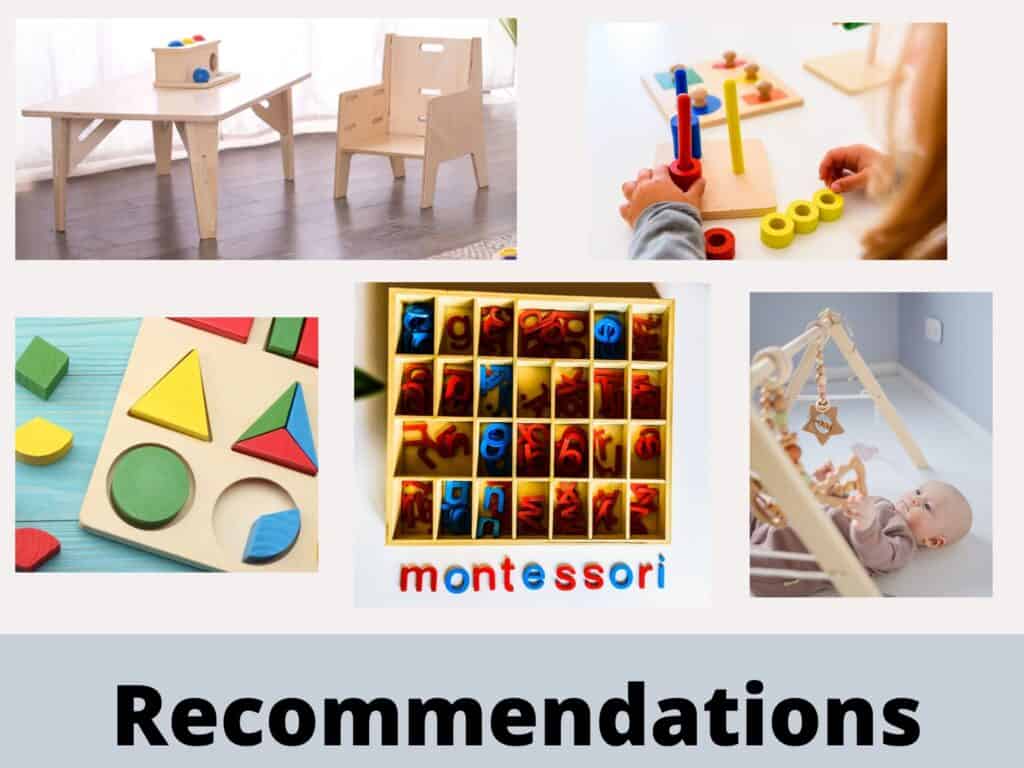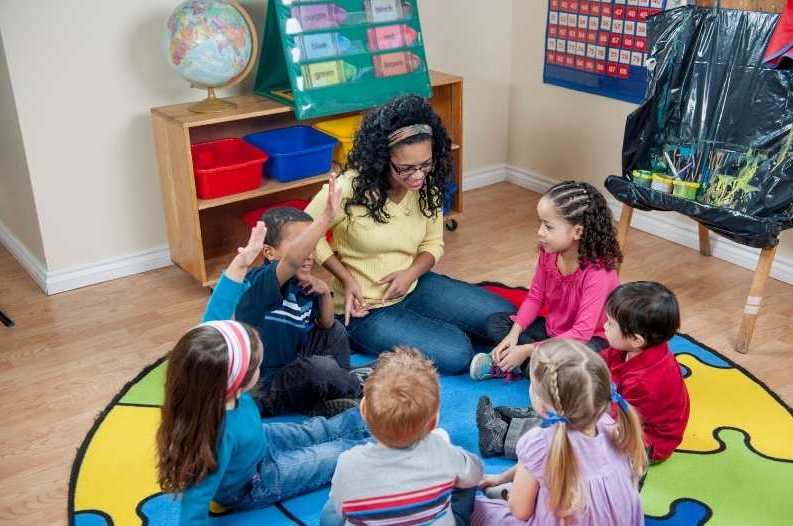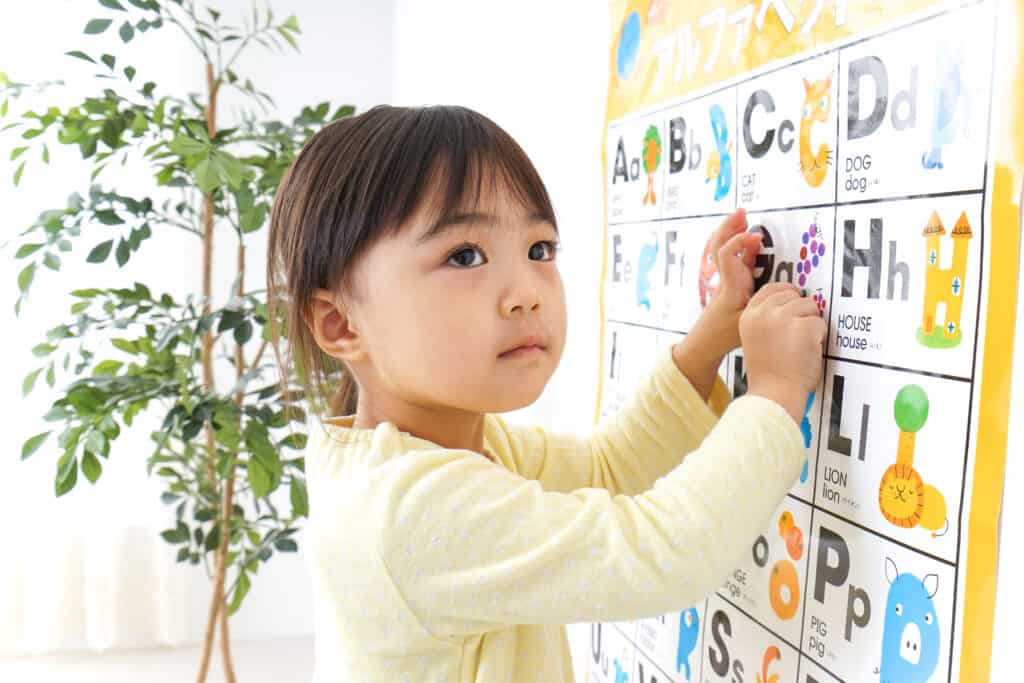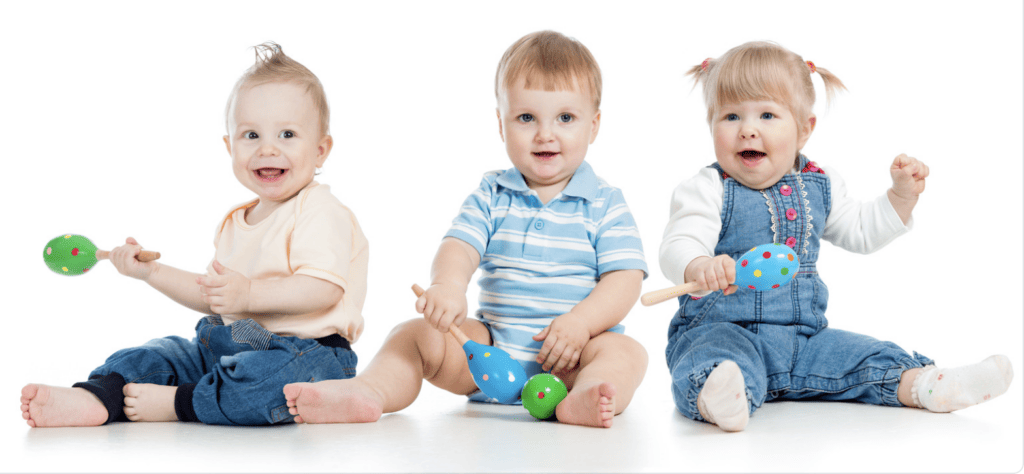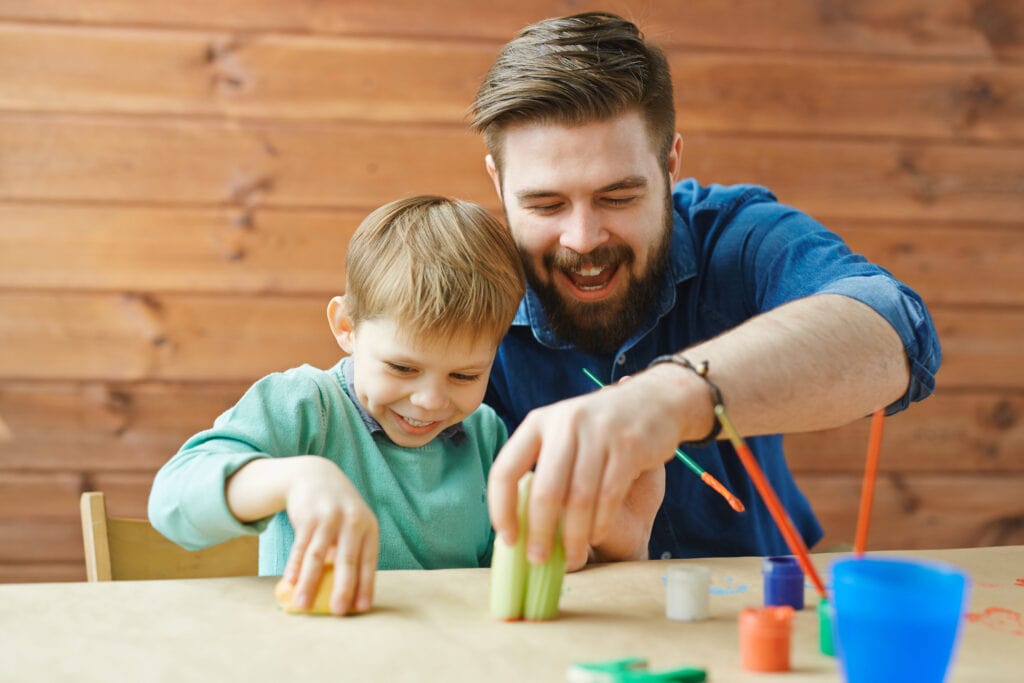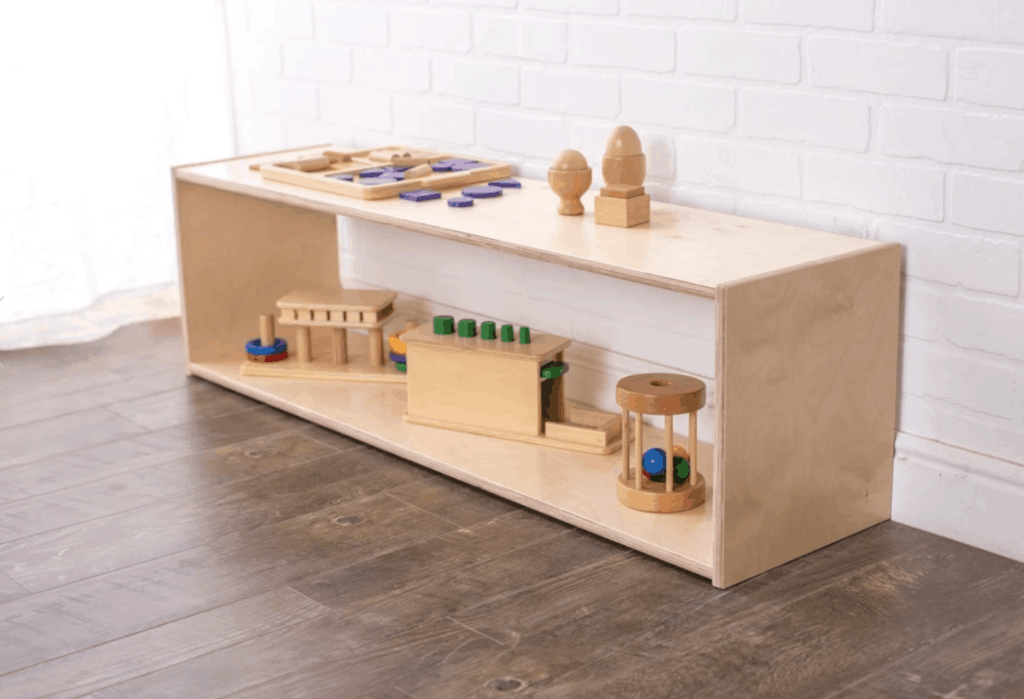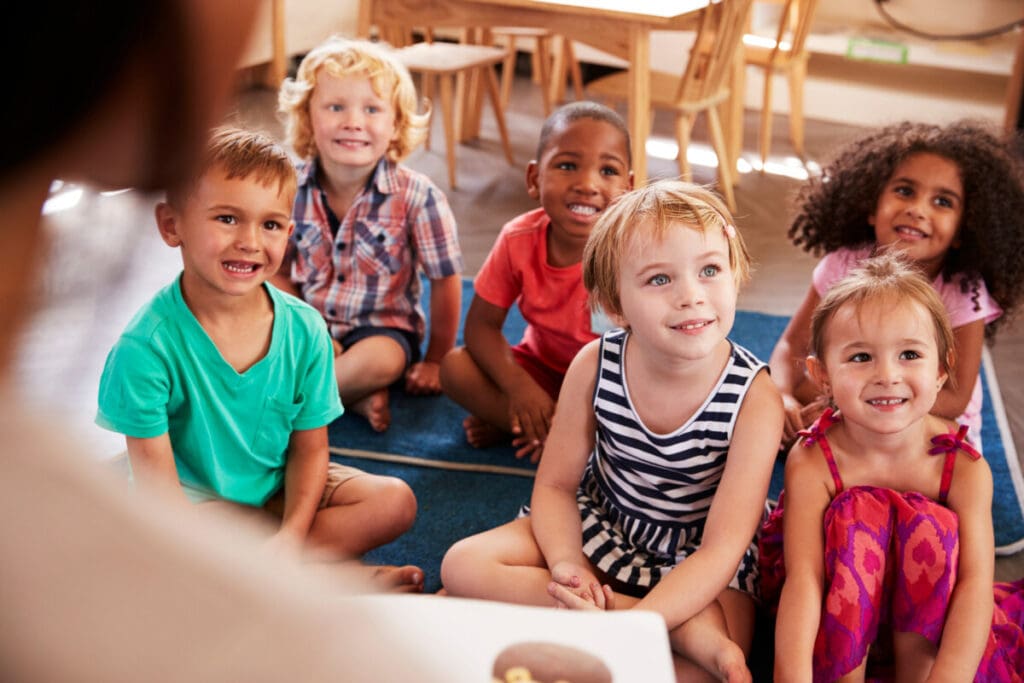
Montessori schools have a long history of providing unique teaching environments that help students succeed. However, because of its unique teaching style, some believe that
Montessori schools are not inherently religious and do not include any type of religious instruction in the course material. Most
Below we will explore
Montessori’s Teaching of Spirituality
Montessori theory emphasizes the importance of spirituality in its teaching. Spirituality is listed as one of the five fundamental tendencies.
The
In Montessori classrooms, students are taught that there are four chief aspects of Spirituality. These aspects include art, music, dance, and religion. When
Dr.
Depicted in the Fundamental Human Needs chart, a resource used extensively by children in
This chart is full of colorful images of the things stated above. Even at young ages,
When teaching concepts of spirituality,
Dr. Maria’s Spiritual Beliefs
Dr. Maria Montessori is the founder of the
Dr. Maria was born in Italy and grew up in the Catholic faith. The Catholic faith influenced Mr. Maria’s work and her own personal beliefs. All of her work includes beliefs of the sanctity of the human spirit, the fraternity of humankind, and the importance of the pursuit of peace. These beliefs are found within the Catholic faith but they are also beliefs that people from all faiths can appreciate.
As Dr. Maria got older and her career gained momentum, she had opportunities to travel extensively. During her lifetime, she met with world leaders, scientists, artists, politicians, and religious leaders. These people influenced Maria’s work and her own individual ideas. It is unclear how her religious beliefs continued to develop as she got older.
Through interpretations of her journal entries, some believe that there is evidence she came to a principle dissent with the Catholic Church and she drifted away from the traditional Christian beliefs. They believe that she had ties to non-European religion and was interested in eastern religion. There is also evidence that she was interested in the Theosophic Society.
None of these speculations were proven, but it is safe to assume that Dr. Maria’s faith was influenced by her travels and her experiences with different cultures.
Despite this, she continued to maintain the belief that human spirituality and inner peace are essential to every aspect of life including religion. She was insistent that a child’s spiritual journey was an individual experience and one religion should never be forced onto a child.
Is Montessori Associated with Religion?
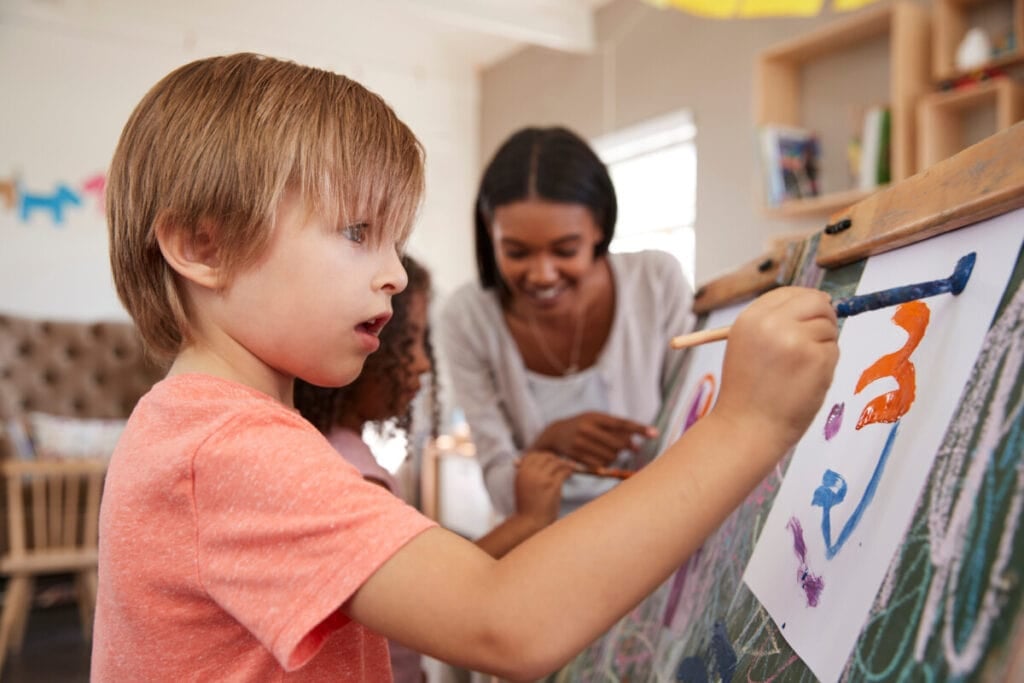
Montessori teaches religion as part of their cultural curriculum. Students are taught about the history and beliefs of religions around the world. This gives
Montessori schools strive to teach with no bias when it comes to religion. they instead express respect and interest for every religion discussed in the classroom.
Some schools, especially schools with a diverse student body, organize cultural fairs. At these fairs, students can represent their nations, cultures, and faiths and teach the other students about them.
These types of festivals and events are a way to honor and explore different cultures and religions. Students feel represented and seen at these events. Most
Montessori schools may be independently owned and operated, public, or faith-based. Because of this, it is up to the individual school to determine its own policies regarding religious education, spiritual beliefs, and holiday practices.
Many
Those types of explicitly religious schools adapt
They value the child’s active participation in the expression of faith through rituals and services.
